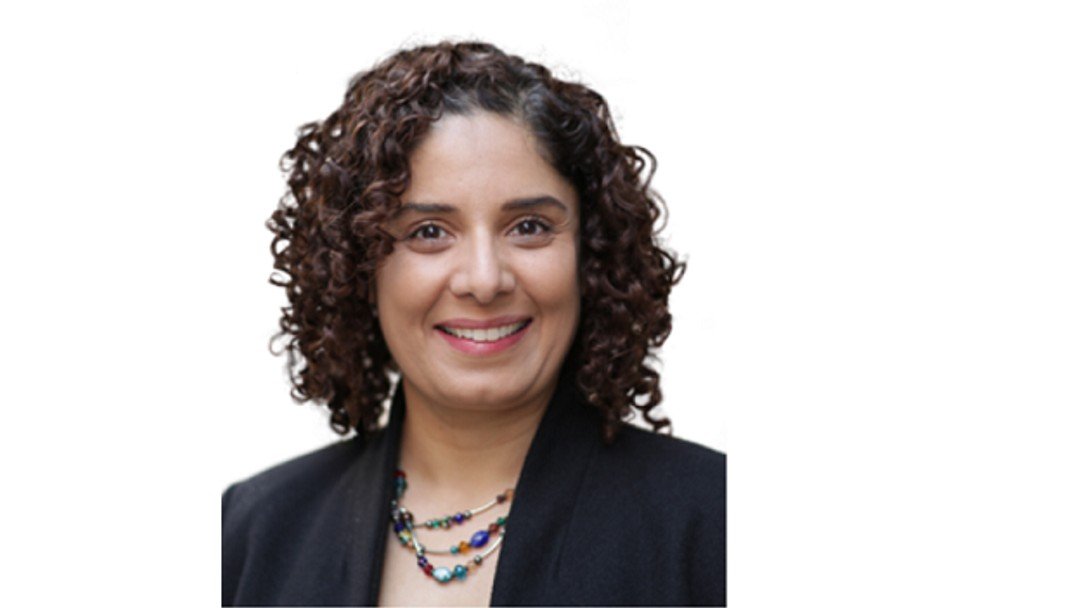Resolution race row

By Nicola Laver
A racial diversity row has broken out between family law organisation Resolution and its members, with a former member accusing Resolution of “trying to silence a BAME voice”.
Mena Ruparel, a former member of the organisation’s Equality, Diversity and Inclusion (EDI) committee raised her concerns on social media and called Resolution a “private members club”.
“Many BAME solicitors have sent me direct messages [DM] of support but are too scared to speak out publicly”, she said.
“Overwhelmingly, the DMs are from people of colour who think they will lose work or suffer backlash for speaking out.”
She accused Resolution of fobbing her off for many years, with four consecutive chairs each repeating that “these things take time”.
Ruparel, a black and minority ethnic (BAME) solicitor who sits on the Law Society’s family law committee, said when she wanted to become a Resolution member she had to ask two members to nominate her, but many refused.
She said at her first regional committee meeting “the chair said, ‘you must be Mena… I knew it was you because you’re brown. We don’t have any round here.’
“Heart stopping. No one else in the room said anything”.
On another occasion, Ruparel worked for a male BAME solicitor who went to a London Resolution event.
“When he arrived”, she said, “somebody asked him to fetch a drink mistaking him for a waiter. Because he was black.”
He left and never went to a Resolution event again.
Ruparel said she first raised the racial diversity issue with Resolution’s all-white national committee some eight years ago; and the then chair’s response was “they didn’t feel they had a diversity issue”.
Since then she asked Resolution every year to carry out an EDI survey, each time being told it either was not needed, or it was needed but there was a lack of resources to dedicate to it.
Ruparel added that when she raised the fact that every speaker at last year’s national conference was again white, she was shut down by a former Resolution chair who told her to “be quiet”.
The national conference talks, she pointed out, are proposed by committees who currently have no EDI training and no diversity guidance on proposing speakers.
She commented: “They don’t ask for proposals as they do at the Resolution Dispute Resolution conference and all respected conferences.
“They choose their mates.
“Because there is an acknowledged lack of BAME members in the membership and more so at committee level, they don’t propose BAME speakers (unconscious bias).”
But Ruparel noted the diverse range of speakers at last year’s National Young Resolution (Yres) conference, at which she was one of the speakers.
“At least the future of Resolution appears to be in safe hands with Yres”, she observed.
Lucy Reed, chair of The Transparency Project, was one of many who said they were “shocked” or “horrified” by Ruparel’s experiences.
She commented: “This is shocking. I hope Resolution sit up and listen.”
Family law barrister Matthew Maynard reacted: “This is jaw dropping. My sub was well over 200 quid this year.
“How isn’t there the resources to dedicate to this?”
This is a systemic problem at Resolution, according to Ursula Rice, founder of Family First Solicitor.
She warned: “Resolution, if you are losing well-known family lawyers with a heavyweight reputation like Mena then you are becoming borderline redundant.”
But Ruparel commented: “It is notable that Colin Jones has been the CEO throughout the years that I have been raising the EDI concerns.
“He is the only one with the power to greenlight the EDI survey.
“He chose not to dedicate resources to this problem until the last couple of years. The buck stops with him.”
Resolution’s national chair, Margaret Heathcote, told Solicitors Journal that the issues raised are “obviously a source of concern to us”.
“We want all members to have a positive experience of Resolution membership.
“We are sorry that any member has felt unwelcome or has experienced unacceptable behaviour on the basis of their age, gender, sexuality, ethnicity or any other protected characteristics.”
She added that as a direct result of the problems faced by members, Resolution started a programme of work to improve its diversity and inclusion.
This included setting up a committee to take action, then surveying the membership and then publishing the results of that survey (which it has now done)
It will then “identify and implement” the necessary actions; work which, said Heathcote, “is a priority for our National Committee”.
She added: “We want to ensure that we are a welcoming and inclusive community – this work will help us to achieve this goal.”
Ruparel says during her 15-year membership she had never had a referral from the Resolution website and felt no value from her membership, for which solicitors pay an annual £229 fee.
She gave up her membership and accreditation this year having discussed the matter with the CEO.
